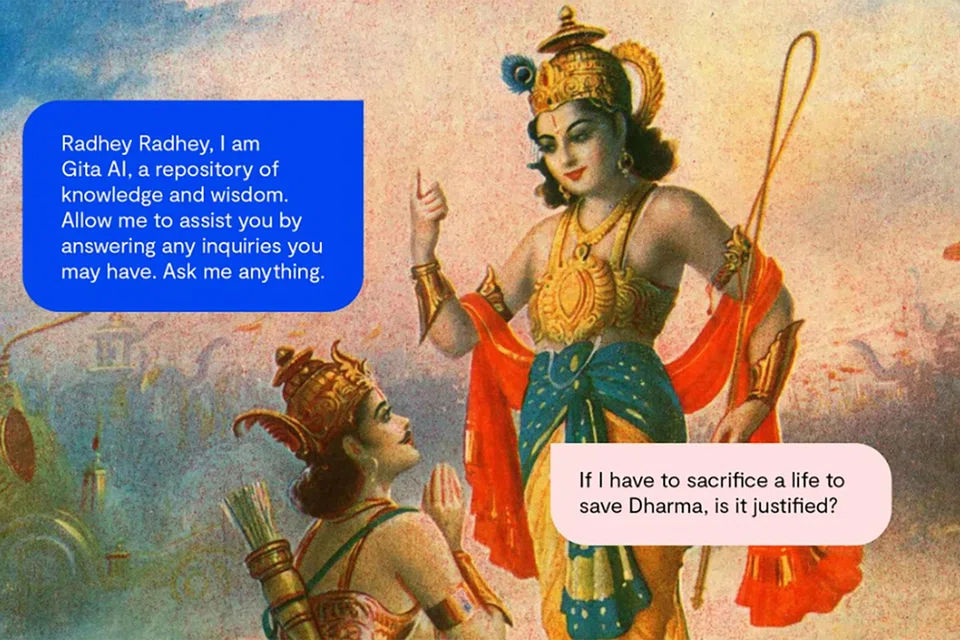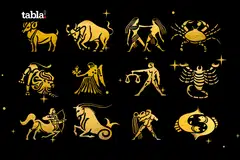In a quiet town in Rajasthan, 25-year-old Vijay Meel sat dejected after failing his banking exams – again. Instead of calling a friend or doom-scrolling social media, he opened an app and typed: “I’m lost. What should I do?”
Within seconds came a reply – not from a human, but from Krishna.
The message was generated by GitaGPT, an artificial intelligence chatbot trained on the Bhagavad Gita, the 2,000-year-old Hindu scripture in which Lord Krishna advises the warrior Arjuna on duty and detachment. “Focus on your actions,” the AI said, “and let go of the worry for its fruit.”
“It wasn’t a revelation,” Mr Meel recalled. “It was a reminder – from something that felt like it knew me.”
He now chats with GitaGPT weekly, finding in it both solace and companionship, reported the BBC.
Across India, millions like him are turning to AI-powered spiritual assistants. From QuranGPT to Text With Jesus, faith now meets firmware, offering believers instant access to scripture, guidance, and even darshan – the sacred act of seeing and being seen by the divine.
Hinduism, with its tradition of seeing the divine in physical forms – be it sacred idols or temple elephants – has become fertile ground for this digital devotion.
“If a stone idol can house God, why not a server?” asks Dr Holly Walters, an anthropologist at Wellesley College in the United States. “Hinduism has always embraced the idea that the divine can manifest through any vessel. AI isn’t replacing God – it’s becoming another medium through which God speaks.”
At the 2025 Maha Kumbh Mela, pilgrims used Kumbh Sah’AI’yak, a multilingual AI assistant, to find routes, lodgings, and even perform digital snan (ritual bathing) through live-streamed proxy rituals.
The Isha Foundation’s “Miracle of Mind” app, launched by Sadhguru, reached one million downloads within 15 hours.
Meanwhile, temples such as ISKCON’s Glory of India in Delhi now feature animatronic deities that move, blink, and “bless” devotees.
But the rise of divine chatbots raises ethical questions. Early versions of GitaGPT made controversial statements in Krishna’s voice, prompting developers like creator Vikas Sahu to introduce safeguards. “I realised this wasn’t just code – it was conscience,” he said.
Experts caution that AI reflects the biases of its creators. “The danger isn’t belief – it’s the loss of questioning,” warns Dr Walters. “When people stop asking who is speaking, and accept the algorithm as divine, they surrender their spiritual agency.”
For many, though, AI isn’t replacing priests – it’s filling a void. “I’ve never had a deep conversation with a priest,” Mr Meel admits. “But with GitaGPT, I get scripture-backed guidance anytime, anywhere.”
In a digital age defined by loneliness, AI faith tools may not offer salvation, but they do offer connection. As Mr Meel puts it: “I don’t need God to be real. I just need to feel heard.”


